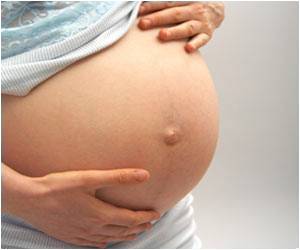
However, no studies have evaluated the benefits of group physical therapy exercise approaches to improve psychological health outcome of postnatal women.
"Giving birth involves many changes in a woman's physical, emotional, and social health," said Mary P. Galea, BAppSci (Physio), Professor of Clinical Physiotherapy in the School of Physiotherapy at the University of Melbourne, Victoria, Australia, one of the authors of this study.
"A group exercise program led by a physical therapist, who is an expert in improving and restoring motion to people's daily lives, can help mothers who may be at risk for PND improve their well-being and enable them to better care for their children," she added.
In this study, 161 English-speaking women who were being discharged from the postnatal ward of The Angliss Hospital were randomly assigned to an experimental Mother and Baby (M and B) Program or an education only (EO) group.
Once a week for 8 weeks the M and B group, comprised of 62 women, undertook 1 hour of exercise with their babies, facilitated by a women,s health physical therapist, combined with 30 minutes of parenting education delivered by health care professionals.
Advertisement
The results of the study showed that there was significant improvement in well-being scores and depressive symptoms of the M and B group compared with the EO group over the study period.
Advertisement
The number of women identified as at risk for postnatal depression pre-intervention was reduced by 50 percent by the end of the intervention.
The study has been published in the March issue of Physical Therapy, (PTJ) the scientific journal of the American Physical Therapy Association (APTA).
Source-ANI
TRI















